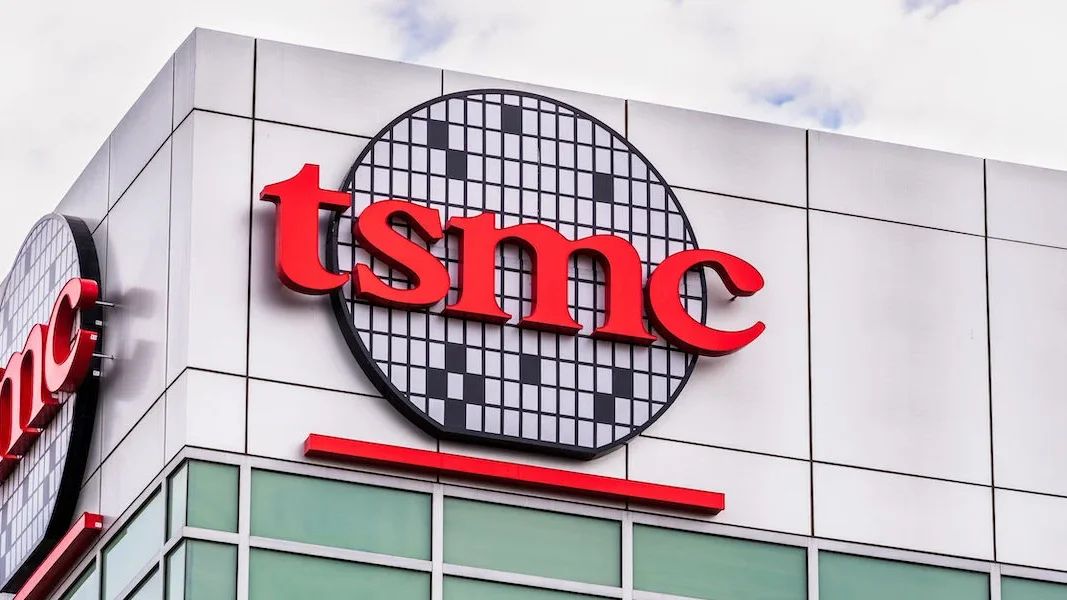Apple will opt for 3nm chips for iPhone Pro and non-Pro models in 2024
Apple is expected to start receiving 3nm chips from TSMC later this year, but they will arrive too late to be used in the iPhone 14 series which will be unveiled in less than six weeks. And once Apple starts using 3nm chipsets next year, you won’t find them in all iPhones until 2024. For those unfamiliar with this nomenclature, 3nm is the last process node used to produce the most advanced chips available today. The lower the number, the greater the number of transistors in a particular chip. The more transistors in a chip, the more powerful and energy efficient it is.
TSMC will start shipping 3nm chipsets later this year
Apple isn’t the only chip designer that TSMC manufactures 3nm chips for. By 2024, the world’s largest independent foundry is expected to deploy 3nm silicon for AMD, MediaTek, Qualcomm and others.


Comments are closed.